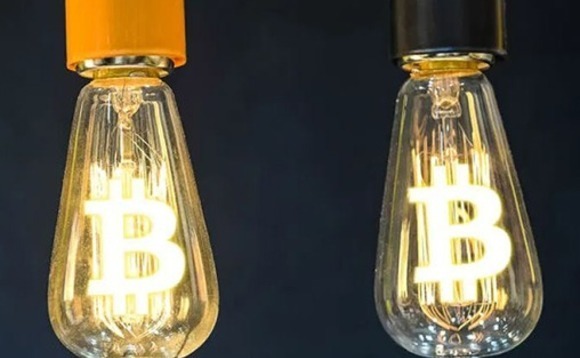
Energy transition case study: Ekta

Indonesia’s Ekta, a blockchain ecosystem operator with an eponymous cryptocurrency, has made a mission of curbing electricity usage in a notoriously power-hungry industry
Crypto is an energy-guzzling industry. Bitcoin alone is estimated to consume 150 terawatt-hours of electricity a year, which is equal to Argentina.
Basically, this comes down to the decentralised nature of blockchain. Transactions are not validated by a central authority but thousands of separate computers that are rewarded in crypto for their trouble. Some businesses run crypto mining farms, where electric fans cool off machines running 24 hours a day and monthly power bills can top USD 1m.
So-called green blockchains, such as Indonesia's Ekta, are trying to undo this aspect of the industry. Ekta, which raised USD 60m last month from US-based Global Emerging Markets, validates transactions with 16 validators and has committed to not exceed 22. This is a curated, trusted ecosystem of partners with a minimal electrical footprint.
The idea is called proof-of-authority or proof-of-reputation, and it stands in direct contrast to the proof-of-work approach used by Bitcoin and most operators. The downside of proof-of-authority is that it defies blockchain's permission-less and disintermediated ideals, and the purists don't like it.
Still, there is momentum to compromise. Ethereum, for example, has spent years unsuccessfully attempting a technically difficult switch to the less energy-intensive proof-of-stake model. The latest estimate is that it could finally achieve the transition as soon as September.
"A lot of people now have looked at where the industry has gone and realised that it will never truly develop without some kind of regulations," said Jason Zheng, co-founder of Ekta. "That could be in some kind of hybrid model where there's still decentralised systems in place, but it's managed with some sort of centralisation."
Ekta is tackling energy on several fronts. Its branded endpoint nodes – physical devices that connect users to the EktaChain network – are said to use 75 times less power than desktop computers. Meanwhile, one of Ekta's core projects, a game called MetaTrees, has effectively created a market for real-world carbon credits by attaching them to in-game non-fungible tokens (NFT).
The advent of NFTs has exacerbated the energy situation in blockchain, primarily because they are mostly minted on Ethereum. There is also the question of the secondary market. Each time an NFT changes hands on a web3 marketplace, a new army of computers is put into action, and the energy drain multiplies again.
"Companies and users eventually went to the best user experience and path of least resistance for what they wanted to do on the internet. We haven't figured that out with blockchain yet," Zheng said.
"The mass market will decide we don't need thousands of validators consuming power to feel like our transactions are secure and transparent enough. Then we'll move on from this debate about being fully decentralised."
Latest News
Asian GPs slow implementation of ESG policies - survey
Asia-based private equity firms are assigning more dedicated resources to environment, social, and governance (ESG) programmes, but policy changes have slowed in the past 12 months, in part due to concerns raised internally and by LPs, according to a...
Singapore fintech start-up LXA gets $10m seed round
New Enterprise Associates (NEA) has led a USD 10m seed round for Singapore’s LXA, a financial technology start-up launched by a former Asia senior executive at The Blackstone Group.
India's InCred announces $60m round, claims unicorn status
Indian non-bank lender InCred Financial Services said it has received INR 5bn (USD 60m) at a valuation of at least USD 1bn from unnamed investors including “a global private equity fund.”
Insight leads $50m round for Australia's Roller
Insight Partners has led a USD 50m round for Australia’s Roller, a venue management software provider specializing in family fun parks.







